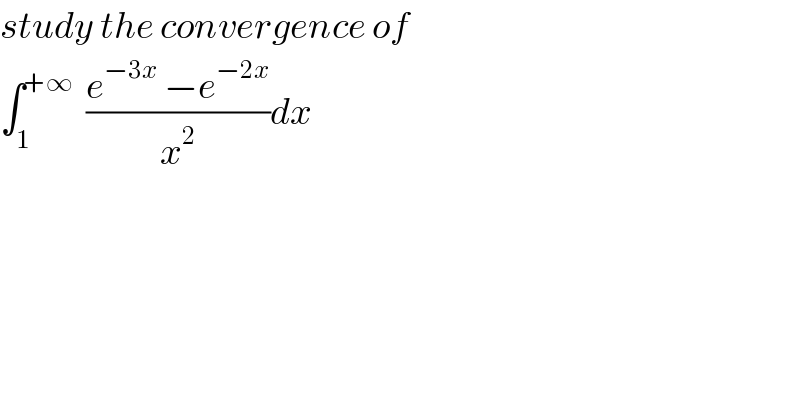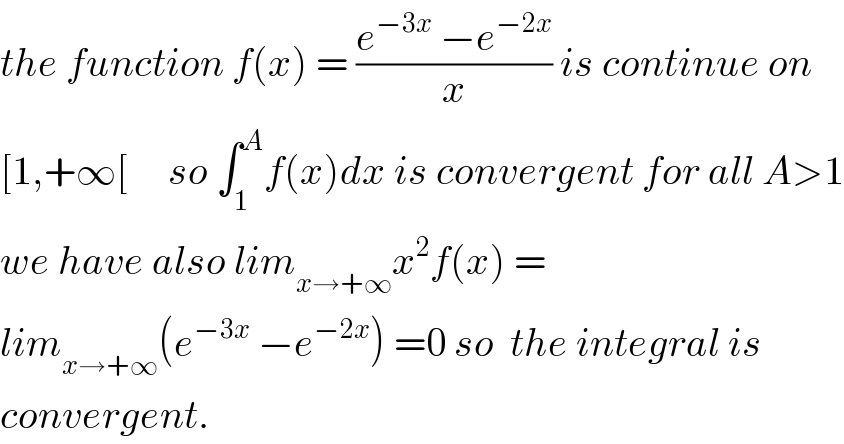
Question and Answers Forum
Question Number 35238 by abdo.msup.com last updated on 17/May/18

Commented by prof Abdo imad last updated on 20/May/18

| ||
Question and Answers Forum | ||
Question Number 35238 by abdo.msup.com last updated on 17/May/18 | ||
 | ||
Commented by prof Abdo imad last updated on 20/May/18 | ||
 | ||